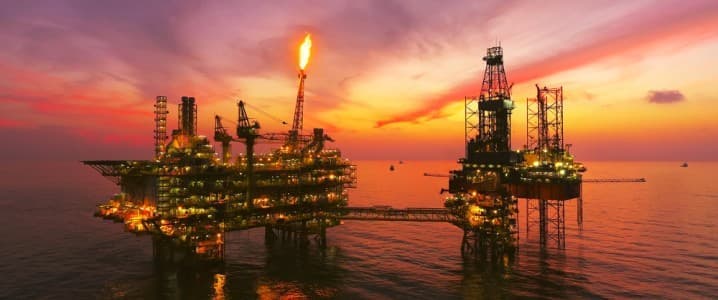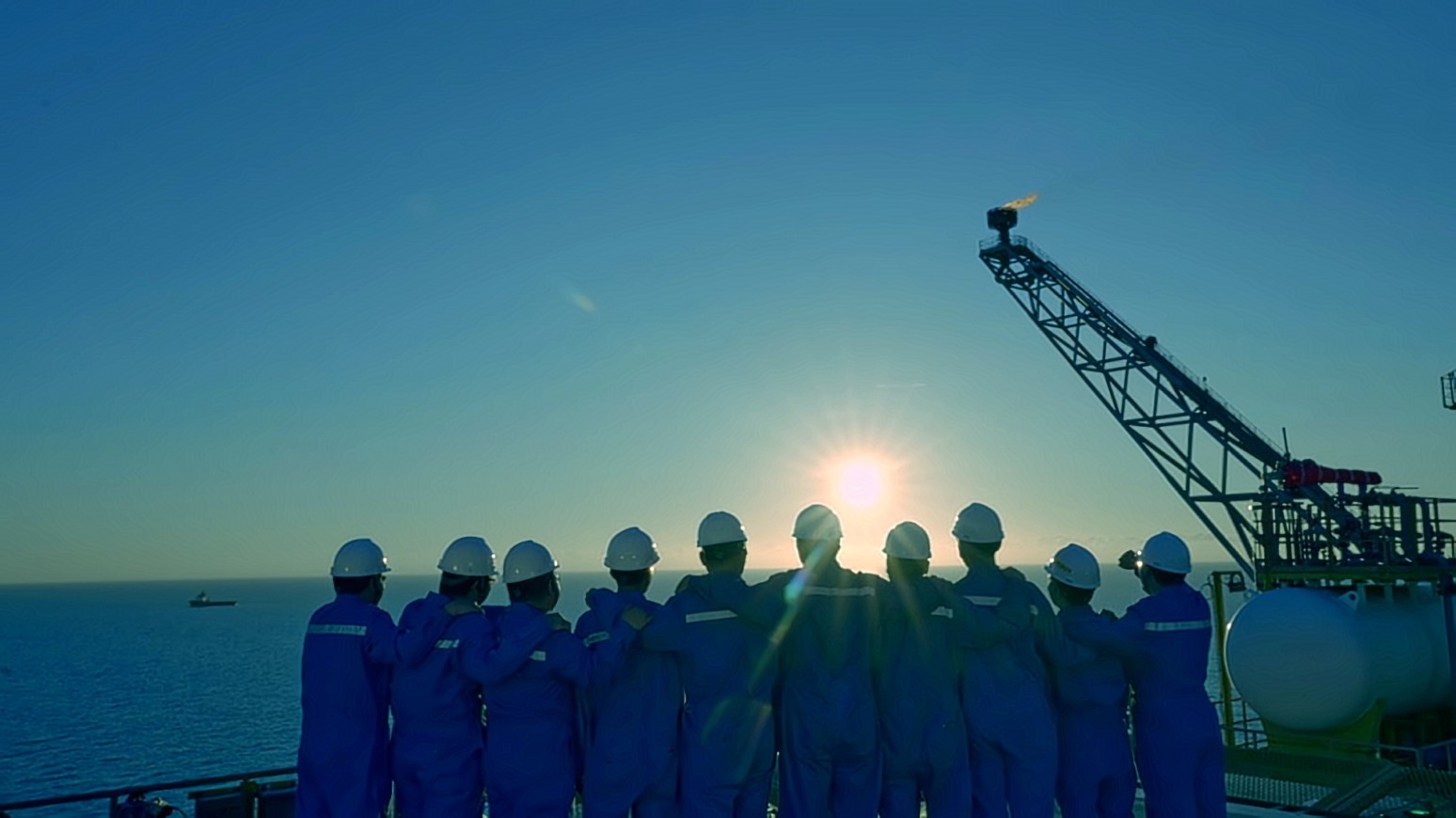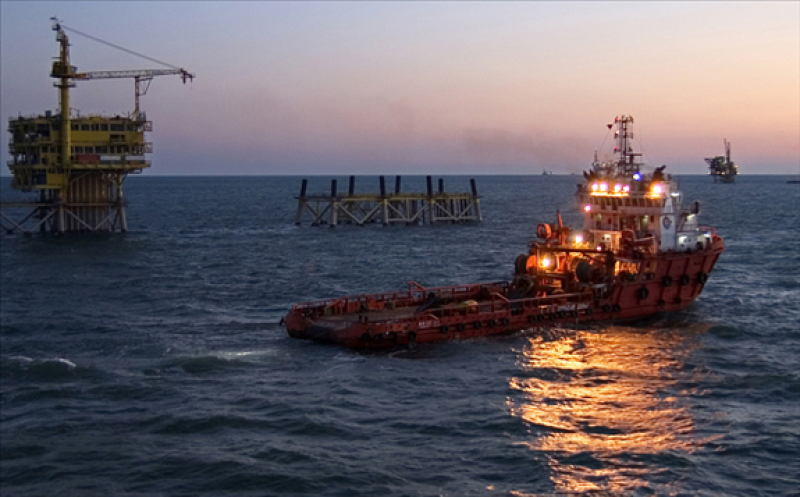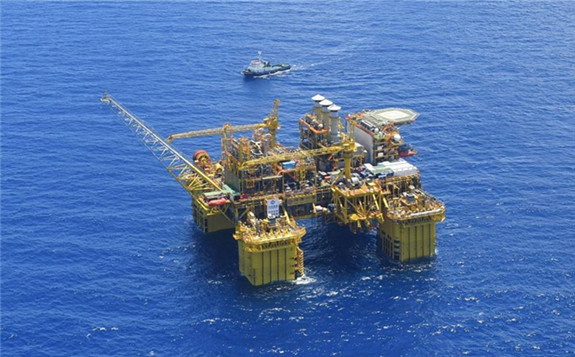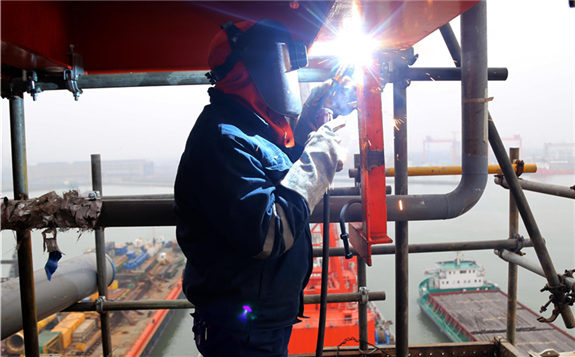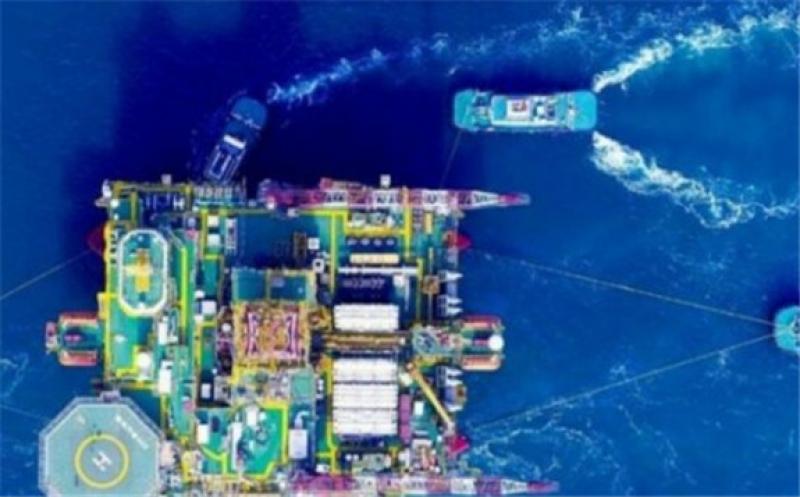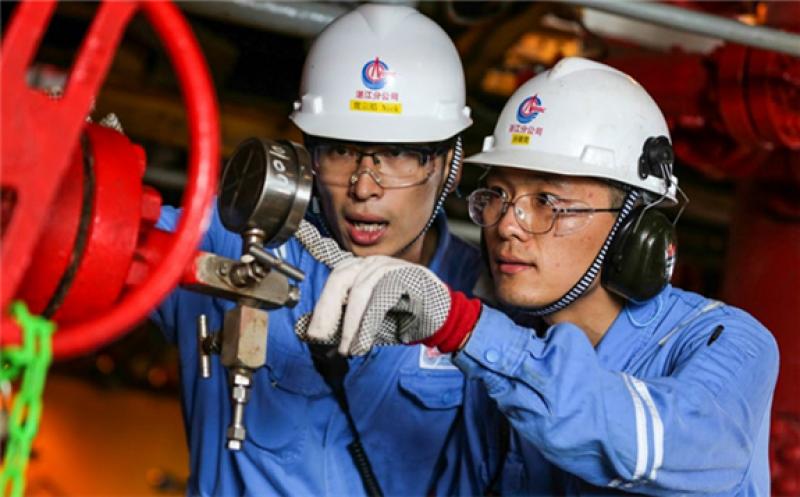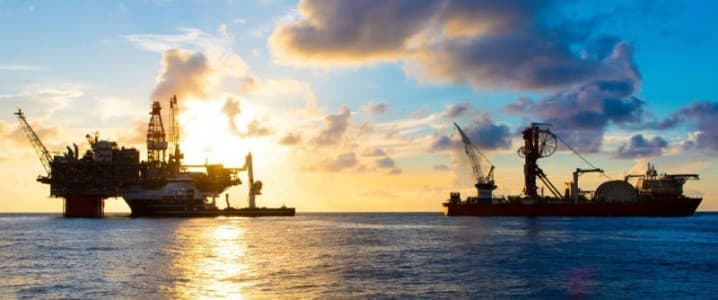
The deal would rank among the largest in years on the U.K. continental shelf.
According to the Norwegian newspaper DN, the deal might be finalized as early as the end of the current year.
The assets were originally obtained in 2013 from Canadian oil producer Nexen. Equinor’s assets also come with so-called tax losses, meaning the owner of the fields can offset past losses against future tax bills
"As a matter of principle, we never comment on rumors and speculation," an Equinor spokesperson told Reuters when quizzed about the deal. CNOOC has also declined to comment.
In March, Reuters, citing four sources, reported CNOOC had hired Bank of America to start preparing a formal sale of its North Sea assets, potentially raising more than $3 billion.
Back in the United States, dealmaking is slowly starting to recover, with Enverus noting that mergers and acquisitions picked up pace to $16 billion in Q3, the most this year.
In its quarterly report, Enverus notes that the 3rd quarter was the most active quarter in oil and gas so far this year. Still, deal value in the first nine months only totaled $36 billion, significantly less than the $56 billion recorded in the same period last year.
“Companies are using the cash generated by high commodity prices to pay down debt and reward shareholders rather than seeking out acquisitions. Investors still seem skeptical of public company M&A and are holding management to high standards on deals. Investors want acquisitions priced favorably relative to a buyer’s stock on key return metrics like free cash flow yield to give an immediate uplift to dividends and share buybacks,” Andrew Dittmar, director of Enverus, told Reuters.
